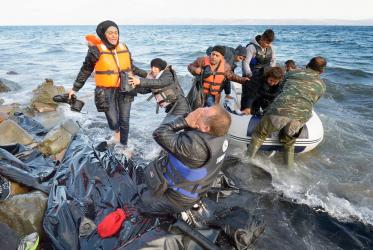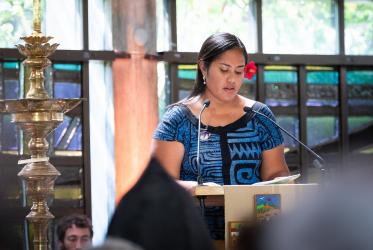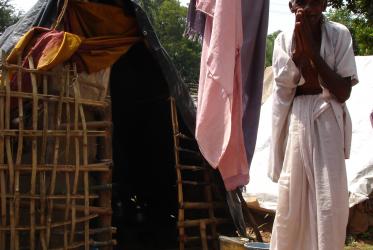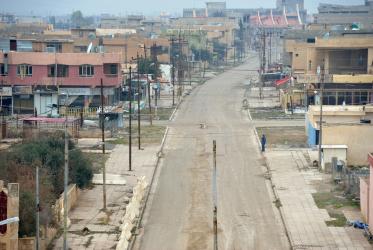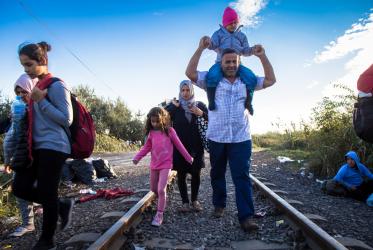Displaying 61 - 80 of 106
Pope’s visit raises hopes for persecuted Christians
27 June 2018
Young people play key role during papal visit
22 June 2018
#WCC70: Remembering Orissa
11 January 2018
Reformation commemoration a 'powerful symbol of hope’
31 October 2017
Coptic Pope and Oriental Patriarchs on historic visit in Germany
25 October 2017
Rebecca Dali: My faith in God motivates me every second
24 August 2017
Hielke Wolters: Apostle of mission strategies
01 August 2016
Religious leaders as agents of peace in the Americas
02 March 2016
